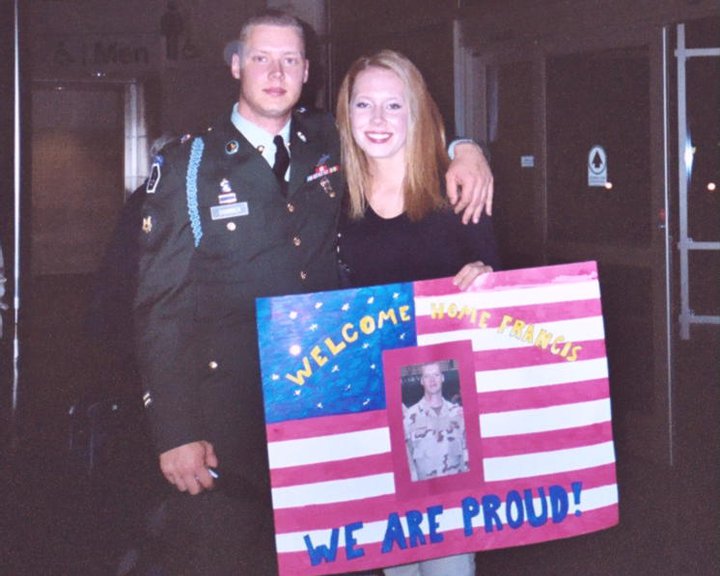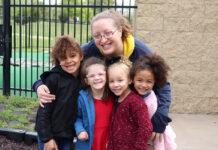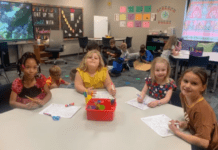
My daughter’s middle name–Frances–is a celebration of someone she’ll never meet: my brother, her Uncle Francis. Three years older than me and way cooler, he would have been The Fun Uncle. He would have cherished his role, and my daughter would have spent holidays and birthdays and visits absorbing the love of her uncle.
Six-and-a-half years ago, my brother died suddenly. The shock and devastation were, and still are, indescribable. After surviving our first year without him, my family fought to regain normalcy. We celebrated happy moments again and saw new beginnings: graduations, engagements and weddings, family trips, new jobs. His absence is always with us, but it slowly stopped feeling overwhelming.
Then I had my daughter.
I wasn’t prepared for the moment I realized my daughter would never meet her uncle. Grief is a wound that just barely scabs over, easily scraped and made raw again at any moment. Looking at her, I felt raw. But I also made a decision. My daughter will know her uncle, even if she can’t meet him in this lifetime.
I will share his stories with her.
One morning, I was wearing an old shirt that had the crest of my brother’s Army unit on it. My parents bought shirts for all of us when we attended his graduation from boot camp. Though it’s several years old, I can’t bear to throw mine out and still wear it occasionally. My daughter crawled toward me and began scratching the faded emblem of his unit. Acting instinctively, I told her the story of our trip to watch him graduate, of our pride, of his service.
Though she doesn’t understand these words yet, one day she will, and I want her to start hearing stories of her uncle early. I want it to be part of her normal to learn about him. I also need to work to become comfortable sharing these stories with her. It’s hard talking about my brother. But it’s harder thinking that my daughter won’t know him if I don’t.
I will share his talents with her.
When he died, my brother was close to graduating from culinary school. He was an excellent cook, and our family regularly benefited from his talent. He left behind a large collection of recipes, a school project of his that my mother has worked hard to turn in to a recipe book accessible to our family and others.
When my daughter is old enough to help in the kitchen, we’ll work our way through her uncle’s recipes together. Recipe by recipe, we’ll cook and talk about the meals he made for our family. By sharing with her an activity that was important to him, I can express to her some of the joy he brought to our family.
I will focus on sharing the joy of his life, and not our sadness of his loss.
The loss of a loved one creates a before-and-after marker for a family. It did for mine, and it’s difficult to talk about my brother without feeling the deep sadness of our loss. But my brother’s life was so much more than his death. That’s what I want my daughter to see. The joy he brought to our family, the contribution he made to our world.
Most important to me, I don’t ever want my daughter to feel hesitant to talk about Uncle Francis with me, my husband, or my parents. His life, and our loss, is an open subject in our family. Someday she’ll ask why he’s not here. That’s hard, and I don’t have an answer yet. We’ll share more about loss and grief with her when she’s older. For now, it’s my priority that she knows she has a way cool Uncle Francis who would have loved her so much.
















